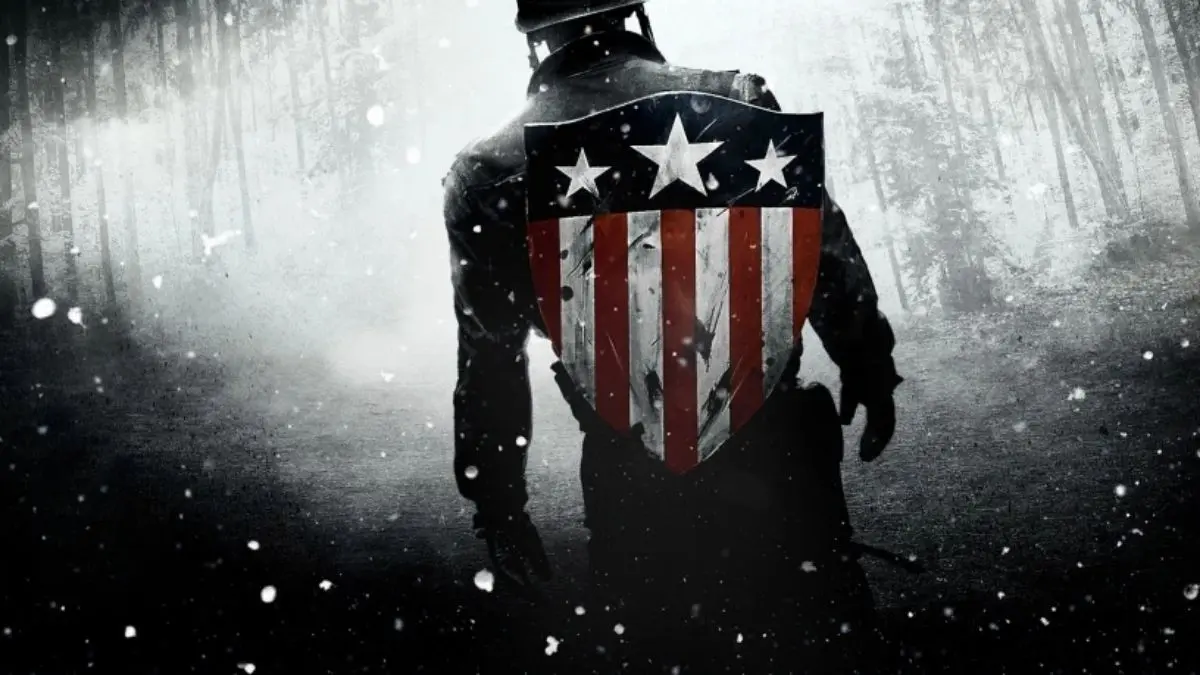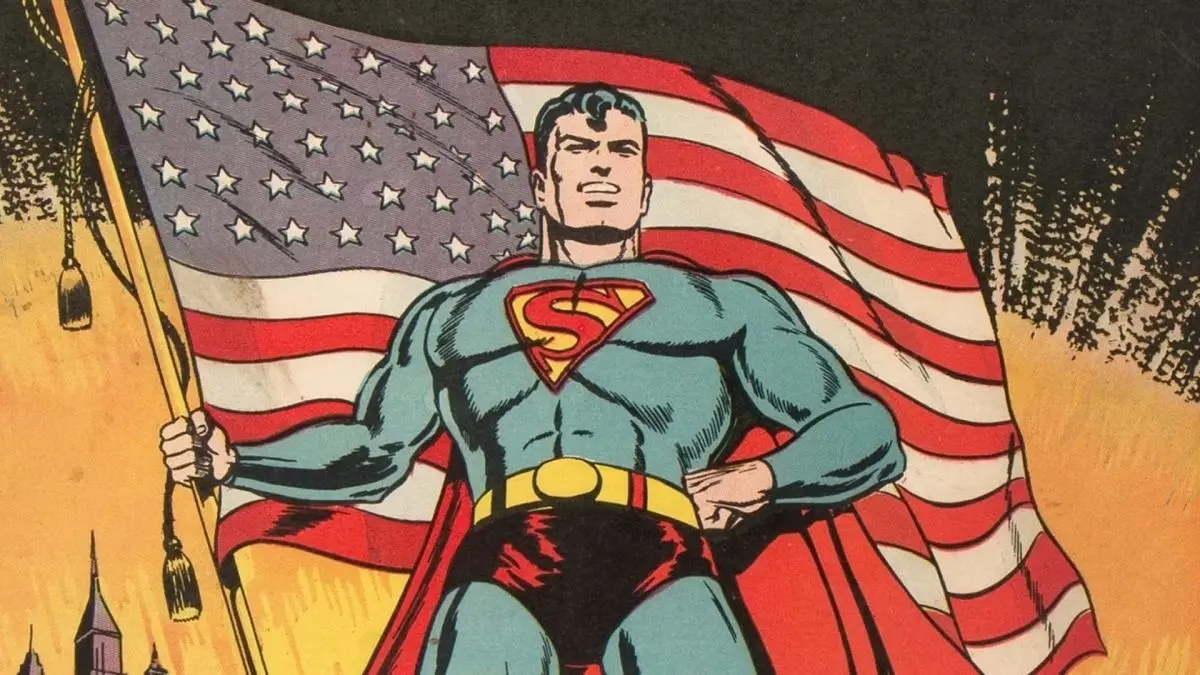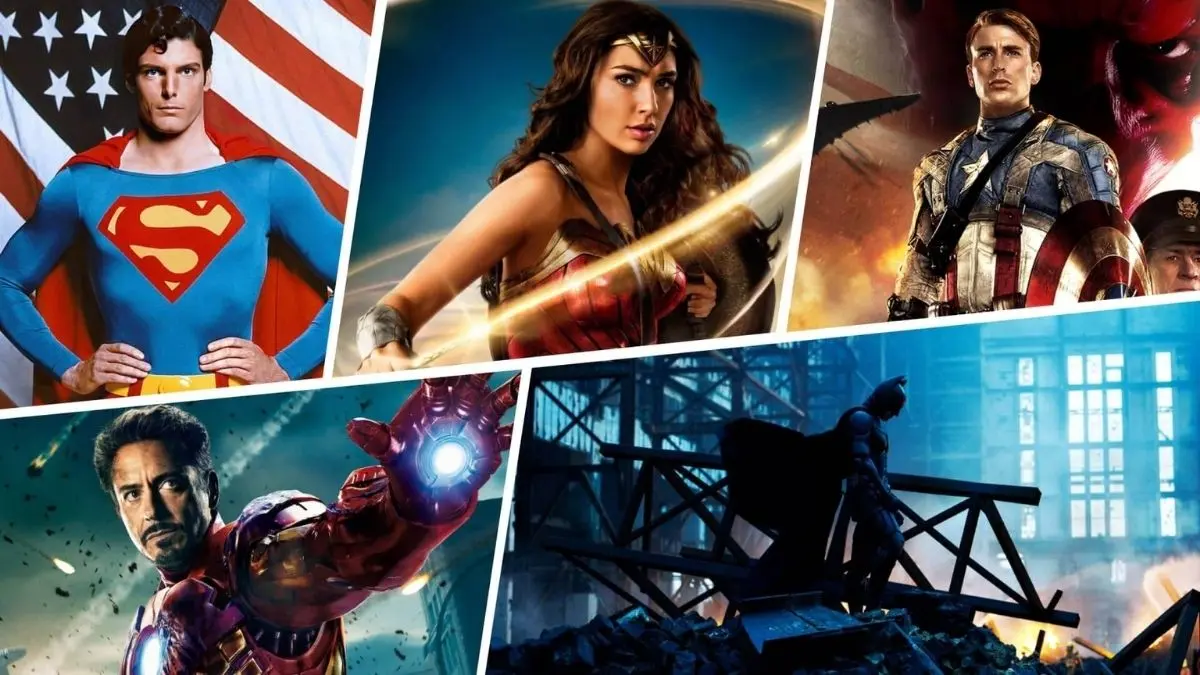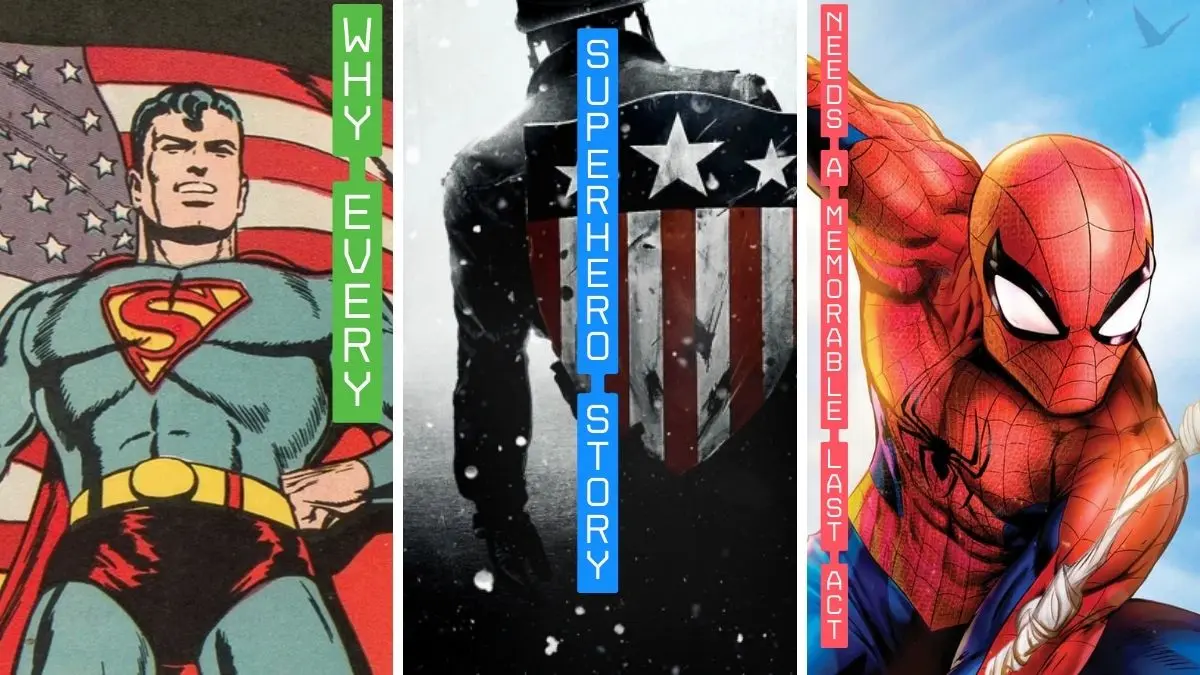Superheroes are more than just caped crusaders and masked vigilantes—they are cultural icons, embodying ideals of justice, sacrifice, and resilience. While their origin stories often take center stage, it’s their final acts—the conclusion to their journeys—that leave a lasting impression. A memorable last act story can elevate a superhero from mere entertainment to mythic status, cementing their legacy in the hearts and minds of fans.
As Harvey Dent famously said in The Dark Knight, “You either die a hero, or live long enough to see yourself become the villain.” This quote encapsulates the delicate balance between heroism and failure, making the stakes of a superhero’s final act all the more crucial. Whether a hero meets a tragic end, passes the torch, or chooses to step back from the spotlight, the way their story concludes can shape how they are remembered for generations.
The Power of a Last Act
The last act of any story is where meaning is solidified. It answers the central questions raised throughout the narrative and provides closure to the audience. In superhero tales, which often span multiple movies, Comics, or series, this final chapter carries immense weight.

- Character Legacy:
A superhero’s final act is their chance to solidify their legacy. Take Tony Stark/Iron Man in Avengers: Endgame. His journey from a self-absorbed billionaire to a selfless savior culminated in his ultimate sacrifice. By uttering “I am Iron Man” and snapping his fingers to defeat Thanos, Stark etched his name into pop culture history. His death wasn’t just a plot device; it was the emotional crescendo of a decade-long arc that defined heroism. - Emotional Resonance:
Superhero Stories are at their best when they connect with the audience on an emotional level. A memorable last act ensures that fans walk away feeling something profound. Logan’s death in Logan is a masterclass in emotional storytelling. The weary, aging Wolverine sacrifices himself to protect the next generation, giving his life meaning and ending his story on a poignant, heartfelt note. - Moral Ambiguity and Complexity:
Not every superhero story ends with triumph. Sometimes, heroes face moral dilemmas that test their ideals. The tragic fall of Harvey Dent as Two-Face in The Dark Knight serves as a reminder of how fragile the line between hero and villain can be. While Dent’s story ends in darkness, it emphasizes the idea that even the best intentions can lead to devastating consequences—a theme that resonates deeply with audiences.
Why a Good Closer Makes a Hero Memorable
Superheroes are defined not just by their powers or battles but by the choices they make. A strong conclusion showcases their humanity, reinforcing why they matter.

- Closure and Growth:
A memorable last act allows for character growth to reach its peak. Consider Steve Rogers/Captain America, who chose to return to the past and live a full life with Peggy Carter after ensuring the future was safe. His decision was bittersweet but fitting, providing a satisfying end to his arc of self-sacrifice and duty. - Mythology and Timelessness:
Heroes with impactful conclusions become timeless. Superman’s death in The Death of Superman comic arc left an indelible mark on fans, showing the ultimate sacrifice of an indestructible icon. His resurrection later reinforced the cyclical nature of hope, a theme intrinsic to his character. - Inspiring the Next Generation:
Passing the torch is another way to end a superhero’s story memorably. In Spider-Man: Into the Spider-Verse, Peter Parker mentors Miles Morales, symbolizing the generational evolution of heroism. A last act that focuses on legacy ensures the spirit of the hero lives on, even if the individual retires or falls.
Common Pitfalls of Weak Last Acts
Not all superhero stories stick the landing. A weak or rushed conclusion can tarnish an otherwise great arc. For instance, Justice League (2017) suffered from an underwhelming final act, failing to provide the emotional gravitas needed to resonate with fans. In contrast, Zack Snyder’s Justice League offered a more thoughtful and layered approach, proving the importance of taking time to craft a satisfying ending.
A lackluster last act can feel like a betrayal of the audience’s investment. Fans expect payoff, whether in the form of catharsis, revelation, or emotional depth. When a superhero story fails to deliver on these fronts, the entire narrative can feel diminished.

Final Thoughts: The Hero’s Goodbye
The last act of a superhero story is not just an ending—it’s a farewell. It’s the moment where all the themes, sacrifices, and relationships come full circle. Whether it’s Spider-Man swinging into the sunset, Batman hanging up the cape, or Wonder Woman standing tall after saving the world, a well-crafted finale ensures the hero’s journey remains unforgettable.
As Harvey Dent warned, staying too long in the fight can risk tarnishing a hero’s reputation. But with a memorable last act, superheroes transcend the limits of their fictional worlds, inspiring hope and courage in real life. It’s the ultimate reminder that while heroes may be human, their legacies are eternal.
Also Read: Top 5 Marvel Superheroes Who Deserve a Memorable Ending









